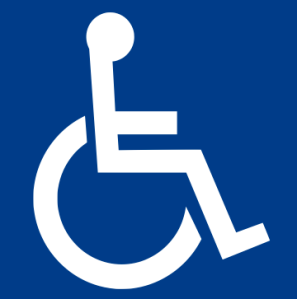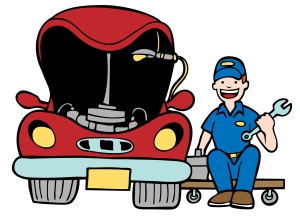With the use of appropriate adaptive aids an individual with most types of physical disability can continue to drive safely. A variety of devices are available to meet the individual driver’s needs and preferences. The following is a list of the more common modifications available. They should be tried in an actual driving situation before making a final decision. (For liability issues work with a certified adaptive driving specialist).
Automatic transmission: replaces clutch and manual shift
Power Steering: permits one-hand steering wheel operation
Power Brakes: needed for hand controls and other adaptive aids
Steering Devices: spinner knob, amputee ring, quad fork, tri pin, or custom device
Floor Mounted Steering: floor steering wheel for foot control
Modified Effort Steering: reduces strength needed to operate power steering or brake to accommodate low strength and/or endurance.
Left Foot Accelerator: eliminates left leg cross-over
Foot Pedal Extensions: raises height of brake and accelerator


